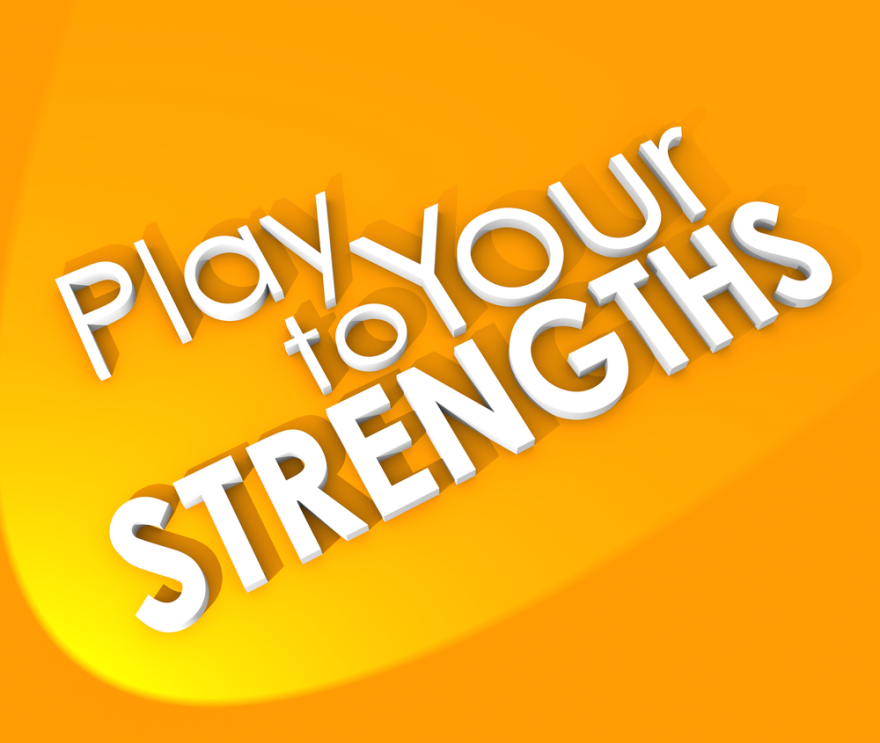|
Identify Your Strengths And Choose Your Success
Rev. Dr. Kitty Boitnott
Heart-Centered Career Transition and Job Search Coach | Stress Management Coaching

We all come to points in our lives when we feel the need to evaluate our direction. It may be that you feel it's time to make a change, but you don't know how to begin.
This is especially true if you have reached a point in your life when you feel you need to make a particularly dramatic change. For example, perhaps you need to leave a long-standing relationship that no longer serves you or makes you happy. Or maybe you realize it is time to make a career change because you feel you can't continue in your current job.
You just don't know how or where to begin.
If you want to be successful in life, you need to take some time to consider every choice you make. You need to consider how it will affect you, not just today but in the future. Consider where you want to be five or ten years from now. If you aren't on track going where you want to wind up, it may be time to make a change.
And the best way to start is by identifying your strengths.
The trouble is that identifying your strengths can be very challenging. Many people have a difficult time identifying their own strengths. They are too close to themselves to be objective.
Ironically, sometimes people have a mistaken or distorted view of themselves. You may underestimate a talent or skill that you have. Or you may not appreciate that you have something unique to offer that other people envy.
You don't see it because you are too close.
If you want to evaluate your strengths objectively, you might try some of the following suggestions:
1) Consider what do you do every day.
Most people spend time doing things they enjoy more than what they don't enjoy. Suppose you find yourself easily making time for activity A but avoiding activity B all the time. If that's the case, that tells you something. People gravitate toward things they're naturally good at doing. And they'll try to avoid the things they aren't so good at and don't enjoy.
What are you doing when you lose all track of time and go into what some refer to as the "zone?" For me, it's writing. What is it for you?
2) What do other people think you do?
The people around you probably have an opinion about what you are good at and what you're not so good at. Usually, they have an idea in their minds about what they think you do all day long. Ask them. If you have a best friend or same-sex sibling, it can help you identify what others think of you and think you're good at. Just ask.
Sometimes what people believe you're good at is a little different from your own opinion. Of course, it doesn't mean you are wrong. But if that happens, you should objectively identify the difference in perception.
3) What do other people say about you?
What people think you do and what they say about you may be two different things. For example, maybe they think you are painting all day long, but they also think you are a horrible painter.
Just because they see you as doing something particular with your days doesn't mean they think you're good at it. So you need to question people about that and tell them it's okay to tell you the truth because this is about your personal development. You need their insight. And you need them to be honest with you.
4) What do you like to talk about?
Most people find themselves talking about the things they are good at doing and love to do. Now, occasionally, you will find yourself focusing on negativity and talking about the things you dislike, hate, or are failing at. Of course, those things are important to note, too. But if something makes you feel especially good, you're likely good at it and like it. That's a significant thing to note.
5) What is one mistake that you keep repeating?
Often, you'll realize that you do the same things over again, including your mistakes. This can usually be traced back to insisting on doing things that aren't natural to you.
We often develop patterns and we keep making the same mistakes over and over again until we finally realize what we are doing and put an end to the cycle. It's a lot easier said than done, but taking time to note where you may be repeating mistakes will help you grow and stop the pattern.
When you ask yourself these five questions, take notes. Write it all down so that you can analyze it. Likely, you will see both your strengths and your weaknesses within the answers.
Once you have identified your strengths you can start to look for new ways to use them to your advantage.
Choosing your success is about being self-aware and paying attention to the consequences of all of the choices we make. When we are ready to change our patterns, we can change our lives forever.
Whether you want out of a bad marriage or friendship or want a new career, identifying your strengths can be a great way to get started.
Until next time.
P. S.
It's time for another Q & A session! Join me this coming Thursday night for an hour of questions and (I hope) answers about career transitions for teachers--how to start and what to do to initiate a successful career transition.
I will start promptly at 7:00 PM EST and I will be happy to field any questions you may have about changing careers if you don't want to continue in the classroom.
I hope to see you there!
|